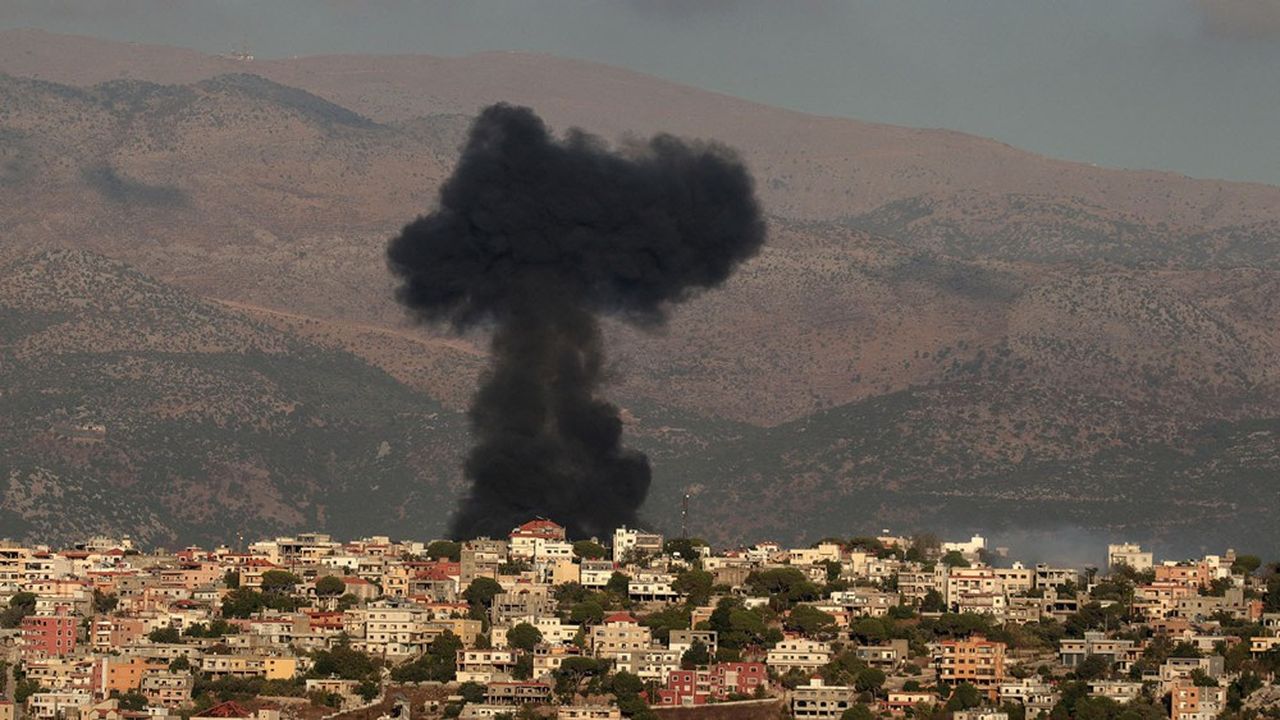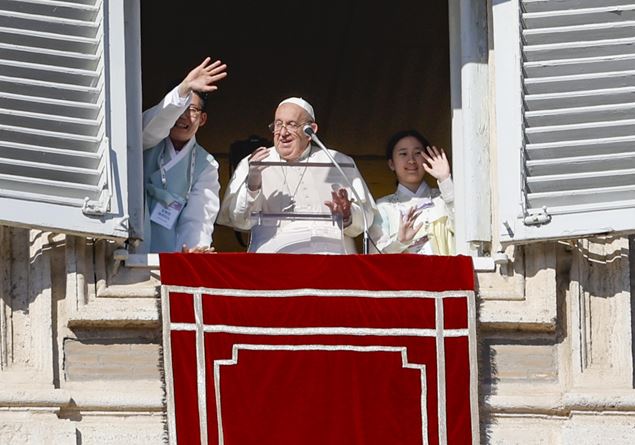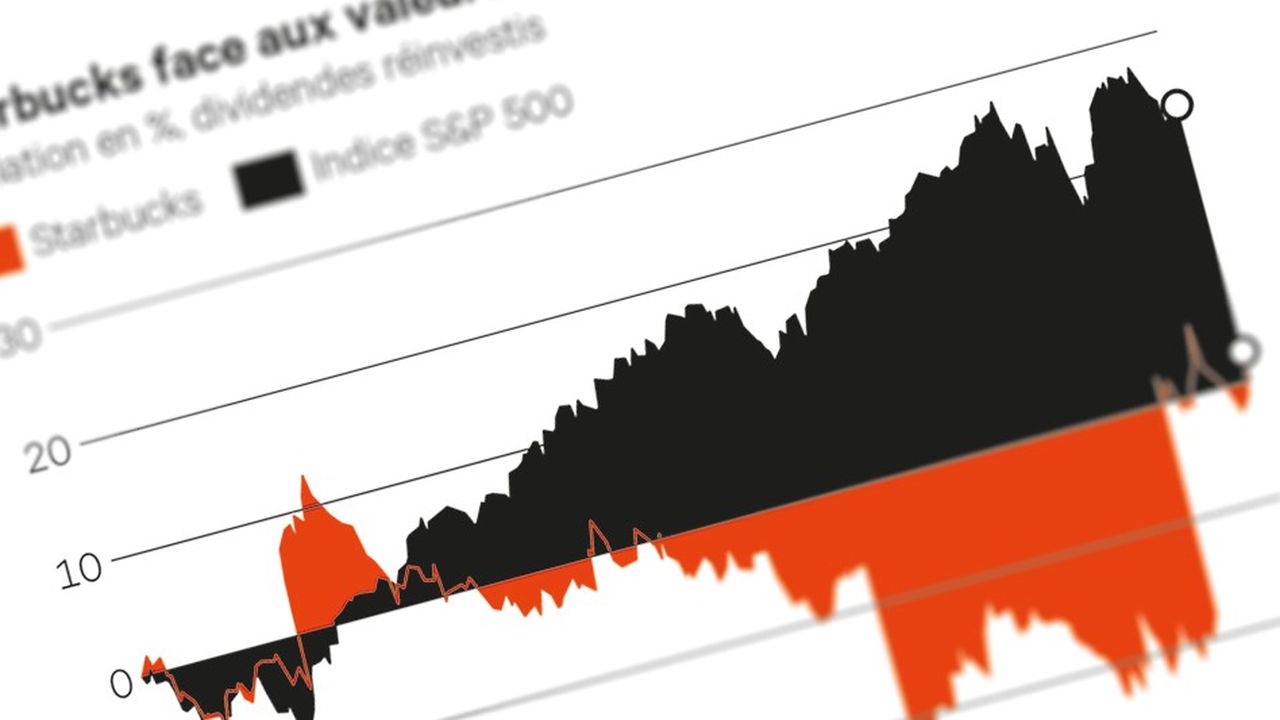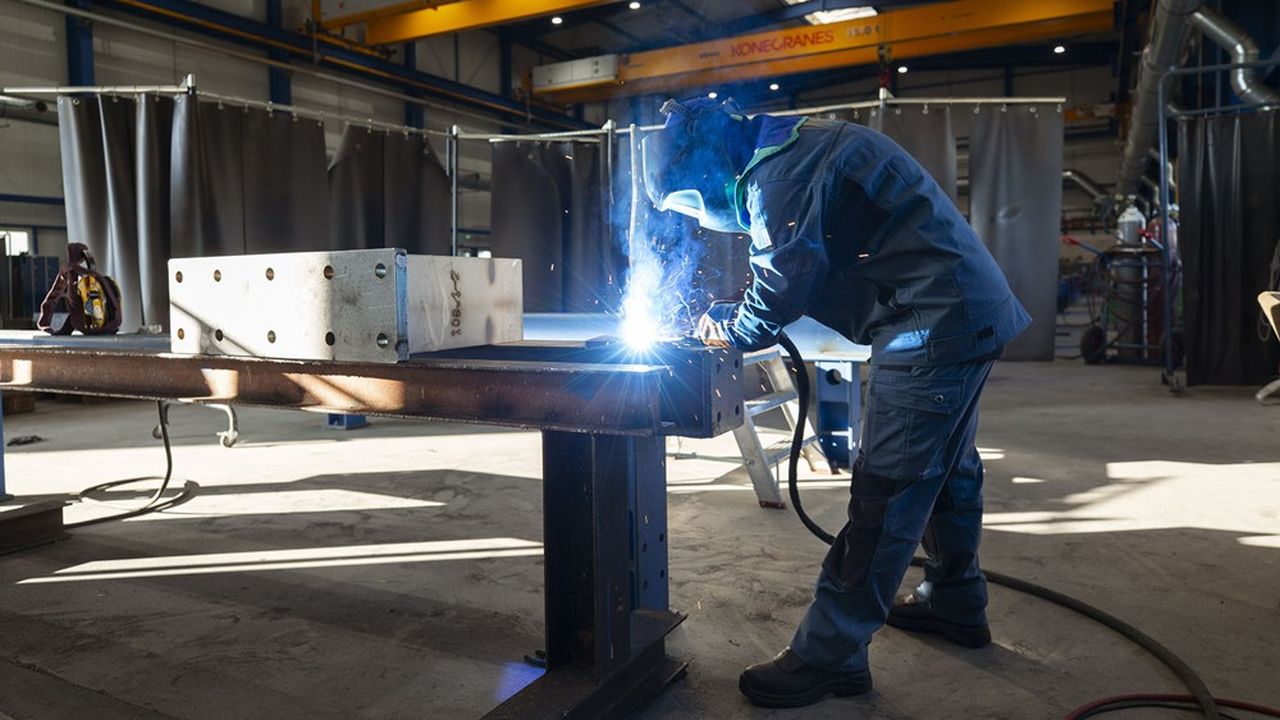
By Dominique Moïsi (geopolitologist, special advisor to the Montaigne Institute.)
For several weeks now, we have been witnessing in the Middle East what could be described as a process of controlled escalation between Israel and Hezbollah (and therefore Iran). There is neither progress towards a ceasefire in Gaza nor an escalation to the extremes of a total regional war. But this apparent rationality of the main actors – should we go so far as to speak of prudence? – cannot be enough to reassure us.
Because at the same time, the conflict is returning, in a way, to its “fundamentals”. For the first time since the end of the second intifada (September 2000-February 2005), the Israeli army is mounting heavy operations in the West Bank. It has sent hundreds of men simultaneously to several refugee camps in cities such as Jenin, Nablus and Tulkarem.
The Hebrew state had favored Hamas to weaken the Palestinian Authority. It succeeded only too well.
Solidarity with Gaza on one side; provocations by Israeli settlers on the other: these cities are becoming increasingly difficult to control. Is Hamas, very weakened in Gaza, not in the process of being reborn in the West Bank? Is it not taking advantage of its status as a “resistance force”, contrasting so spectacularly with the discredit of the Palestinian Authority? The Hebrew state had favored Hamas in order to weaken the latter. It has succeeded only too well.
As it has dragged on and deepened, the Gaza war has led to the opening (or even the reopening) of a front that is even more worrying because it is geographically much closer to Tel Aviv and Jerusalem. And above all, much more charged with historical and religious emotions.
Israel continues to isolate itself in the world
Is the West Bank in danger of becoming a “new Gaza”? The answer is probably “no.” The West Bank is not the “open-air prison” that Gaza had become. And the example of Gaza, with its ruins and the accumulation of its victims, has, at least in part, a deterrent effect on the Palestinians of the West Bank. However, the worst-case scenario continues, slowly but inexorably, to take shape.
On the northern front, characterized by a process of controlled escalation between Israel and Hezbollah, rationality prevails.
The poison of hatred is spreading on both sides. The intelligence services of the State of Israel can perform exploits. And show themselves capable – as was the case on June 5, 1967 at the beginning of the Six-Day War – of carrying out preventive strikes of formidable effectiveness against Hezbollah in Lebanon.
Or, to locate and free a hostage alive, deep in a tunnel in Gaza. But these exploits cannot hide the fact that Israel continues to isolate itself in the world. And struggles more and more to maintain its status as “victim”, risking taking on over time that of “executioner”.
A form of moderation
On the northern front, characterized by a process of controlled escalation between Israel and Hezbollah, rationality prevails. Even if the clashes that took place last weekend are the most significant that the region has known since the summer of 2006.
A hundred Israeli planes, in a spectacular preemptive action, destroyed thousands of missiles and drones ready to strike the Hebrew state in retaliation for the assassination of a senior Hezbollah military leader in Beirut a month ago.
And more than three hundred weapons of destruction left Lebanon for Israel. But behind the violence of the images, there is another reality. Each side has demonstrated a form of moderation, if not self-control, in its use of force. How, and even more why, did this happen? If we want to get to the heart of the matter, taking the risk of being schematic, the explanation can be summed up in one word: America. Joe Biden’s United States has certainly proven incapable of imposing a ceasefire agreement on the Israelis and Hamas in Gaza. But they have managed to dissuade Iran, Hezbollah and Israel from, so to speak, opening the gates of hell towards an uncontrolled escalation in the north of the country. However, we can clearly see this in the West Bank, just as in Gaza, the gates of peace have remained desperately closed.
The risky bet of Trump’s return
Once again, Benjamin Netanyahu has demonstrated that he values the survival of his government more than the release of the hostages, who are still alive. In a spectacular gesture of solidarity with the prisoners and defiance of the power in Jerusalem, families of hostages peacefully entered Gaza, to express their solidarity with the hostages, to shout that “they”, unlike the ruling leadership, do not forget their loved ones. “Hold on,” they told them.
Is Netanyahu still betting (increasingly risky) that in a few months Donald Trump’s return to power will allow him to have a more understanding interlocutor in the White House? “Bibi” is, as always, in the very short term. He does not ask himself ethical questions or even strategic ones. He does not care that the head of the Shin Bet (the domestic intelligence service) denounces the “terrorist” acts committed by Jewish settlers in the West Bank.
He also continues to tolerate the systematic provocations of his minister Itamar Ben-Gvir, who wants to build a synagogue on the “Temple Mount”, that is, the “Dome of the Rock”, where the Al-Aqsa Mosque is located. And this is in total violation of the fragile existing status quo. It is not surprising, in this context, that many Israeli doctors have chosen to leave a country that they no longer recognize and which seems to them to be heading straight for the precipice.
Mutilated bodies
While the worst – a total regional war – has so far been avoided in the Middle East thanks to the far-sighted commitment of the American administration, it is an understatement to say that nothing has been resolved. The region is dancing on a volcano, or rather, it is more than ever an active volcano.
One cannot watch the spectacular images of the opening ceremony of the Paralympic Games in Paris without thinking of the war in the Middle East (or Ukraine). On the one hand, a message of inclusion, empathy and respect for bodies that seek to transcend their disability and thus change the way the world sees them, and the way they see themselves; on the other, the cruelty, the inhumanity of war. Thousands of bodies, mutilated forever, when they survive.










